I compiled these 10 commandments for teens because young people are precious in God’s sight. He wants the best for their hearts and lives. These 10 commandments for teens are adapted from the commandments the Lord gave Moses in the Old Testament. And they can help kids stay focused on Jesus and following him.
John Piper, who clearly articulates we are not under the Ten Commandments, states, “Love God and do as you please is not bad advice if you are bent on holiness. If you are bent on love, the Ten Commandments are really important. You should hang them on your wall and live your life by them. But in a very different way than when you were under them, because they have been kept for you.”
Because Christ kept all the commandments for us, we obey out of love and gratitude. Because Christ perfectly fulfilled the Law on our behalf and gave us His perfect record, we are not under the Law. The Law no longer speaks against us because Christ has spoken for us.
But as believers, we delight in God’s truth and commands. Through the lens of the gospel, we can look to these OT sayings for clarity and direction on how to live as the rescued people of God. When the Lord gave Israel the commandments, He gave them to the people He had miraculously liberated from slavery.
So take a look at these 10 commandments for teens. Then share them with the kids in your church and youth ministry!
10 Commandments for Teens
1. Seek Christ first (Do not have other gods besides Him)
For young people, a whole new world of choices is available. Amid everything you can join and all the activities available to you, seek Jesus first. Only Christ has rescued you, and only He can satisfy you.
2. Beware of idols, even the good ones (Do not make an idol for yourself)
Because, as John Calvin said, “our hearts are idol factories,” we become tempted to bow before good things (grades, friends, career options, even ministries). Don’t give those things your ultimate affections.
3. Study in His name (Do not misuse the name of the Lord)
You carry Jesus’ name if you are His. You represent Him to your teachers and peers. “Do everything in the name of the Lord” (Colossians 3:17). Offer your studies, mind, and thoughts to Jesus.
4. Rest and reflect on Him (Remember the Sabbath and keep it holy)
As God’s son or daughter, you are always at rest from your works to earn His favor and love. But take time each week to slow down, rest, and reflect on His goodness to you.
5. Honor people who helped you get here (Honor your father and mother)
Many teenagers can point to a parent or both parents for their love, encouragement, and example. Some look to a caregiver or mentor. Whoever has helped you along the way, honor them by giving your best.




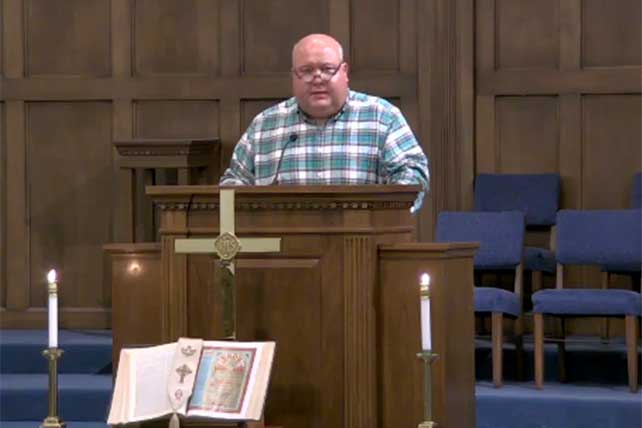


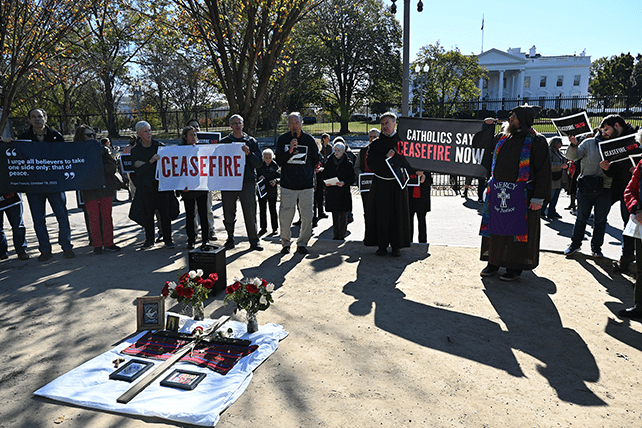


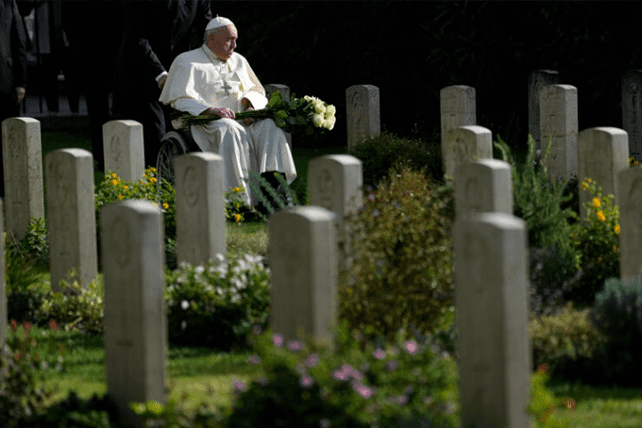




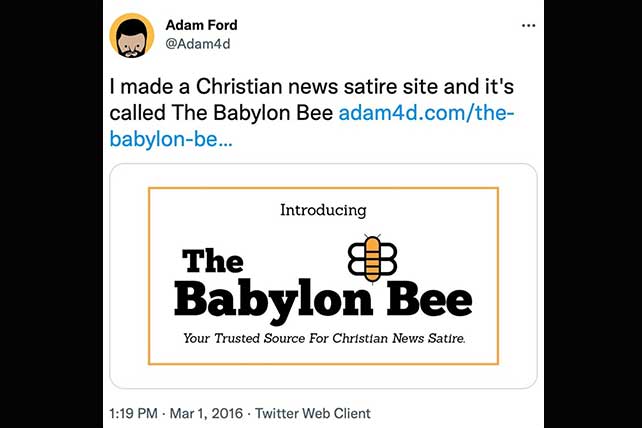
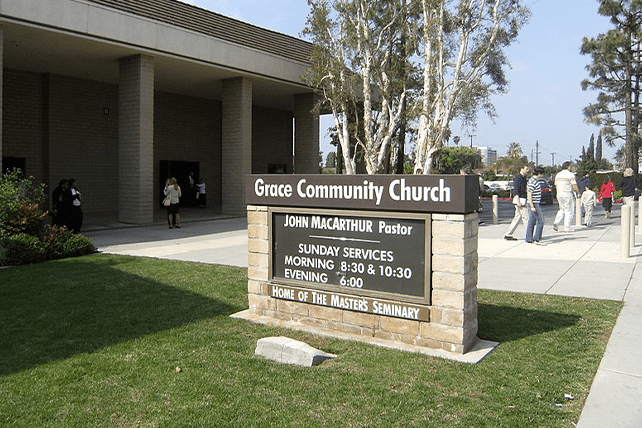
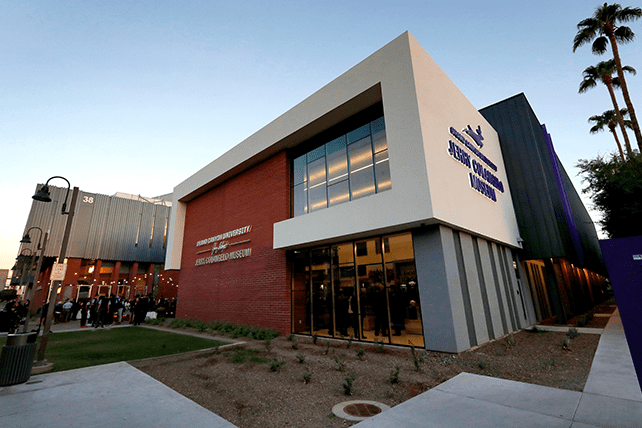
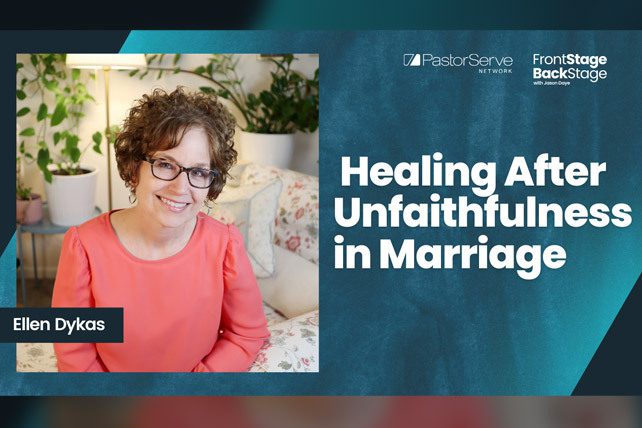
 Unfaithfulness and betrayal in marriage is incredibly painful. What does the healing journey look like, whether we’re experiencing this in our own marriages or we’re seeing it in the marriages of those we serve? In this week’s conversation on FrontStage BackStage, host Jason Daye is joined by Ellen Dykas. Ellen is the Director of Equipping for Ministry to Women at Harvest USA. Ellen has written a number of books, workbooks, devotionals and is also a contributor to the Life Counsel Bible. Ellen received her master’s degree from Covenant Theological Seminary and is a certified biblical counselor. Together, Ellen and Jason look at the healing journey for those who have experienced betrayal in their marriages. Ellen also offers some incredible insights of how our local churches can compassionately minister to those who are experiencing this type of betrayal in their own marriages.
Unfaithfulness and betrayal in marriage is incredibly painful. What does the healing journey look like, whether we’re experiencing this in our own marriages or we’re seeing it in the marriages of those we serve? In this week’s conversation on FrontStage BackStage, host Jason Daye is joined by Ellen Dykas. Ellen is the Director of Equipping for Ministry to Women at Harvest USA. Ellen has written a number of books, workbooks, devotionals and is also a contributor to the Life Counsel Bible. Ellen received her master’s degree from Covenant Theological Seminary and is a certified biblical counselor. Together, Ellen and Jason look at the healing journey for those who have experienced betrayal in their marriages. Ellen also offers some incredible insights of how our local churches can compassionately minister to those who are experiencing this type of betrayal in their own marriages.







